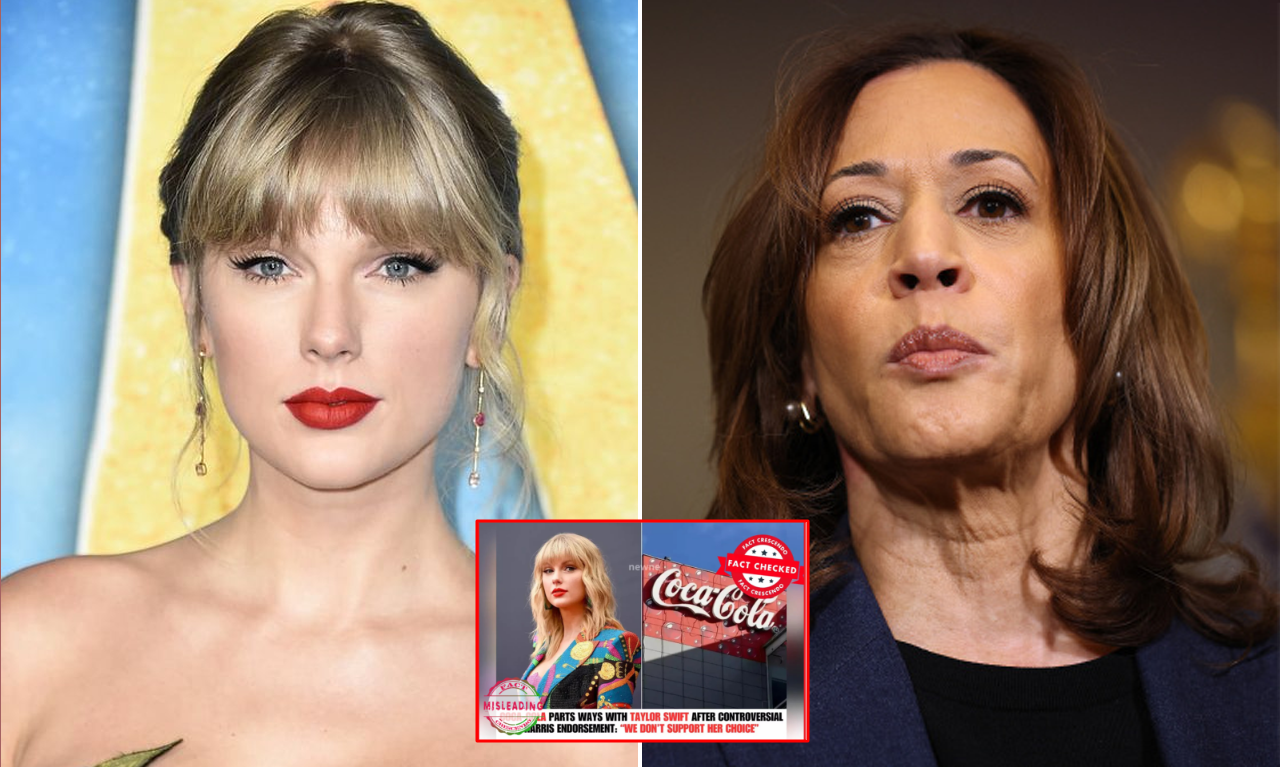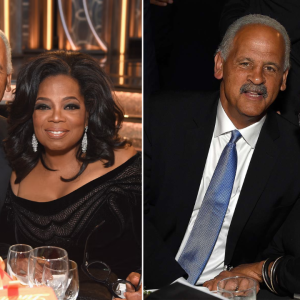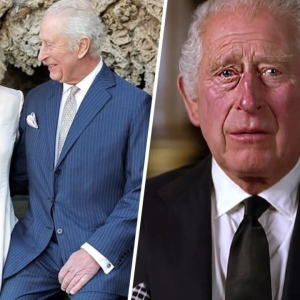In a surprising turn of events that has left fans buzzing, Coca-Cola has officially announced the termination of its long-term partnership with global superstar Taylor Swift. The announcement comes amidst a backdrop of rising tensions between the iconic beverage brand and the pop sensation

Coca-Cola has made it clear that it can no longer support Swift or her increasingly political and social activism. This decision marks a significant shift in a relationship that has spanned several years, during which Swift has been a prominent figure in Coca-Cola’s marketing campaigns, embodying the brand’s youthful, vibrant ethos. However, recent developments in Swift’s public stance on various political issues and her outspoken advocacy for social justice have reportedly caused friction between the two parties, leading to this unexpected split.

Coca-Cola’s decision to part ways with Swift has raised eyebrows and sparked intense discussions across social media platforms. Fans of the singer have expressed their disappointment, arguing that Swift’s activism and dedication to causes she believes in should be lauded rather than condemned. Supporters claim that her influence stretches far beyond music, as she has continually used her platform to shed light on critical issues such as LGBTQ+ rights, women’s empowerment, and mental health awareness. Many feel that Coca-Cola’s decision reflects a broader trend within corporate partnerships, where brands increasingly prefer to distance themselves from celebrities whose values or actions could be deemed controversial or potentially damaging to their image.

Moreover, the backlash faced by companies that endorse public figures who take strong political stances can be considerable. As consumer behavior becomes more closely linked to personal beliefs, brands are confronted with the challenge of maintaining their appeal while navigating the murky waters of public opinion. Some analysts suggest that Coca-Cola’s move is a calculated decision to protect its brand reputation at a time when customers are turning to companies that align with their values. This action raises questions about the nature of endorsements and the expectations placed on brands to remain apolitical, especially in an age when artists like Swift are increasingly willing to risk their own reputations to advocate for change.
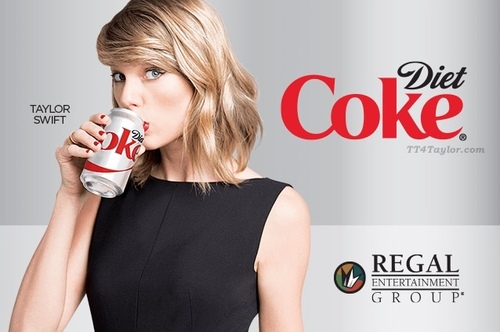
In Swift’s case, her recent activities, including vocal support for various political candidates and her criticism of certain policies, may have contributed to Coca-Cola’s discontent with her role as a brand ambassador. Critics of the company’s decision argue that it signifies a retreat into the realm of corporate caution, where endorsements are only maintained as long as the associated celebrities remain neutral. Observers have noted that this trend is symptomatic of a larger issue in industries reliant on celebrity partnerships, where the line between personal beliefs and professional affiliations is increasingly blurred.

While Coca-Cola has not publicly detailed the exact reasons behind their decision, their statement that they “don’t support” Swift underscores the growing complexities of celebrity endorsements. As a result, this termination not only affects the relationship between Coca-Cola and Swift, but it also serves as a broader commentary on the shifting landscape of brand partnerships in today’s politically charged climate. Swift’s fans have taken to social media to rally behind her, declaring that they will continue to support her endeavors, regardless of her affiliation with the brand. The question now looms: how will both parties navigate this split moving forward, and what does it mean for the future of celebrity endorsements in an era where activism plays a crucial role in shaping public perception?
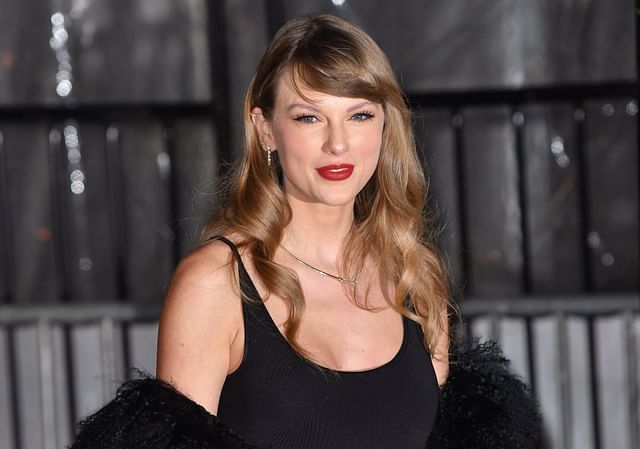
As the fallout from this announcement continues to unfold, it has sparked pivotal conversations not only within the realms of marketing and entertainment but also in discussions about the role of artists in advocacy. The dialogue around Swift’s activism and corporate backing offers a microcosm of the tensions present in today’s society, where the intersection of fame, influence, and responsibility will undoubtedly continue to be examined in depth.

Coca-Cola’s decision may set a new precedent for how brands approach their partnerships with celebrities, potentially steering the industry toward a more cautious and calculated approach in a landscape where public opinion can shift rapidly. Only time will tell how this separation will affect both Taylor Swift’s career trajectory and Coca-Cola’s brand image moving forward.
